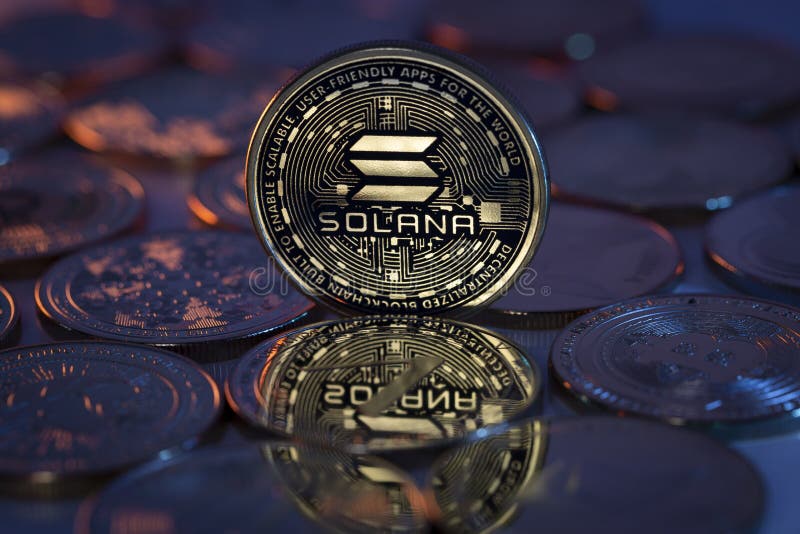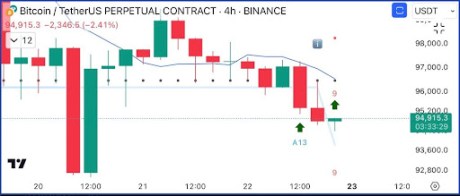When in 2021, trader David Capablanca climbed up a muddy mountain road in Colombia to discover the phony plantation of a Canadian cannabis producer heavily promoted by crypto investor Teeka Tiwari, he knew that its stock would collapse in a few days.
He also knew he would be the man who would trigger the price fall and profit from it. His investigation uncovering stock market fraud was recognized as one of the best exposures in the past few years and earned David a name in the short-seller community.
In three years since he began his career in short selling stocks, David has grown his portfolio from $29,000 to $400,000.
Today the activist and host of the Friendly Bear Podcast shares what price he has paid to climb short seller Olympus and why shorting a stock differs from shorting crypto.
From Architecture To Short Selling World
“I found out about short selling through pump and dump scams. I thought, okay, this will give me a good thing to focus on. Because I don’t like scams, I don’t like pumping up, I don’t like manipulation,” reveals David.
He found it unfair that he spent years studying architecture and working hard to pay student loans while others became rich through market manipulation and deceit.
David decided to radically alter his life trajectory in his 30s by becoming a stock market trader, focusing on shorting frauds. He studied how the stock market and short selling work and spent the rest of his time tutoring in architecture, English, and math to pay the bills.
He slept for a few hours, had no social life, and minimized spending. “I just was determined to do this the right way. I didn’t know if I was gonna be successful because I heard a lot of people fail.”
David says trading is extremely tough, and only 3-5% of people succeed. The fear of making a wrong decision and losing money kept him from bold trading. For three years, David kept running a $1,000 or $2,000 account and experimenting with shorting one or two shares at most.
The Pandemic Changed Everything
Then the COVID pandemic happened, and the stock market went crazy. Many biotech and pharmaceutical companies claimed they had treatments or would manufacture respirators.
“Their stock would go 1,000% up in one day and then crash. I saw this happen for like a month. It just happened non-stop during the pandemic. So I said: okay, I’m gonna regret if I don’t take a shot after all this work I put in,” recalls David.
He took a loan, opened an initial $25,000 account mandatory for trading on the US stock market, and started shortening the stocks. Despite being scared and making quick sell-and-buy orders, he doubled his money in one month.
Methods to Uncover Scams
Stock market short sellers are like detectives. They identify overvalued or unethical companies and investigate them, searching for evidence. Then publish reports to expose their findings to the public. David believes that shorting frauds and scams helps to balance the market by making companies more transparent and accountable for what they do.
But unlike true detectives, short sellers profit from what they find. They aim to drive down the stock price and earn from the price difference.
Once they identify the right target, they borrow its stocks from the broker and sell them to buy back at a lower price later.
Where to Search for Red Flags
One of the initial ways David comes up with potential targets is through emails and text messages that he subscribed to on various stock pick platforms. He firmly believes that whenever companies advertise profits as too good to be true, it usually means that a major shareholder wants to unload their shares.
He further looks at the price charts and searches for unusual patterns, like massive price jumps without reasonable fundamentals. Then trader checks out the fillings companies must provide to ensure they can pay bills for at least three months.
He also inspects the company’s deals with investment banks. The ones registered in offshore jurisdictions always ring a bell, assures David. When red flags combine, they typically lead to a hypothesis and, after that, action.
One of the investigation hypotheses led David directly to a non-existent cannabis plantation high in the Colombian mountains. He was risking his life, but it ultimately brought him international fame.
Investigating a Dubious Cannabis Producer
In 2021, some paid emails and text messages caught David’s attention. They promoted investments in a young Canadian cannabis producer called Flora Growth. The startup advertised the ability to produce cannabis at a growth cost of $0.06 per gram.
This meant nearly 100x lower expenses than the market’s average. David became suspicious. He checked the company’s social media to find posts about the established cannabis plantation in Colombia’s mountains.
It was promoted heavily. Teeka Tiwari, a controversial investor and crypto influencer of the time, shared pictures of himself on the road to Flora Growth’s alleged cannabis plantation.
The company’s stock, FLGC, rose more than 500% in one month from around $3.00 in July to $17.00 in August 2021.
However, the company’s Colombian addresses on the SEC filings were confusing and did not match. Google Earth photos didn’t show much activity at the facility, whose location was mentioned in an Instagram post.
On top of this, the company personnel’s relations with pump and dump schemes emerged.
The High Road to the Colombian Mountains
David ventured to a small Colombian town and hired a motorbike-mounted tour guide to take him to the cannabis plantation high in the mountains.
None of the locals knew where to find it. The narrow and muddy mountain trails were hazardous, and motorbikes were the only possible way to reach the facility. It took two hours for them to finally arrive.
David discovered a 100 x 100 feet Hollywood-style set of facilities. “It was just meant for the photos. They didn’t expect anyone to find it.”
A fence and armed security guarded the entrance. According to the short-seller, NASDAQ market regulations require that potential investors be granted access to the area for inspection. But none of the company’s personnel allowed David to enter the territory for a tour.
“I had a camera on my shirt and was filming everything. One of the executives came out and tried to grab my camera, and we got into a fight. But I recorded him, and then I just left.
We had the evidence of the roads that were all impossible. You can only take dirt bikes, not cars, up there. We had so much evidence of everything. So it was exposed.”
Shorting the Stock for Profit
The price of the FLGC peaked above $20.00 while David struggled with the steep mountain roads. However, the short seller knew that this would not last for long. He had identified too many red flags flying around the cannabis startup.
After the report was published, Flora Growth’s stock price crashed, losing almost half its value and eventually dropping to $0.10. At the time of writing, FLGC keeps lingering around $0.20.
“When a report comes out, a lot of people pay attention to it. The company gets exposed. The people that have bought the stock, that didn’t know it was a fraud, they start selling, and it dumps. Then more short sellers come in and push it down,” explains David.
The activist admits that it can be challenging to overcome market inertia even with evidence. Sometimes the asset’s price is just strong. People have long orders, disagree with the trader’s report, and don’t sell.
“Then a short squeeze happens, and you have to take the loss, reenter the position at another time. Because the thesis of the report is still the same. Then you have to time it.”
Shorting Crypto is Different
David reveals that he is always aware of what is happening in the cryptocurrency market; however, he does not short digital currencies. To him, the crypto market has too many squeezes and algorithmic trades and is more difficult to predict than traditional equities.
However, he adds that knowledge is the main rule of trading with any asset. As there are always two different people who trade, the buyers and sellers, each has to know much more than the other side to succeed.
“If you wanna be part of 5% percent of the people that make money in the stock market, you’ve got to know a lot more than everybody else. It’s just gonna be a lot of work, a lot of sacrifices to do everything the way it is done,” concludes David Capablanca, the former architect who followed an unconventional path to shorting stock market frauds.
Learn more about trading psychology:
Crypto Addiction: Is Cryptocurrency Trading Bad for Your Mental Health?
Find out how the Web3 industry could reach greater adoption:
Why Web3 Fails With Non-Techs? Marketing Experts Explain
Credit: Source link















































